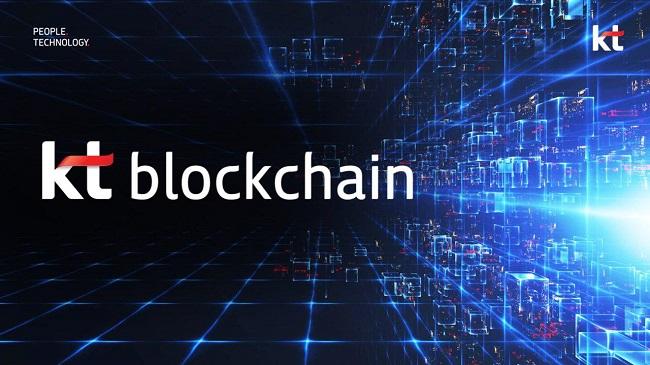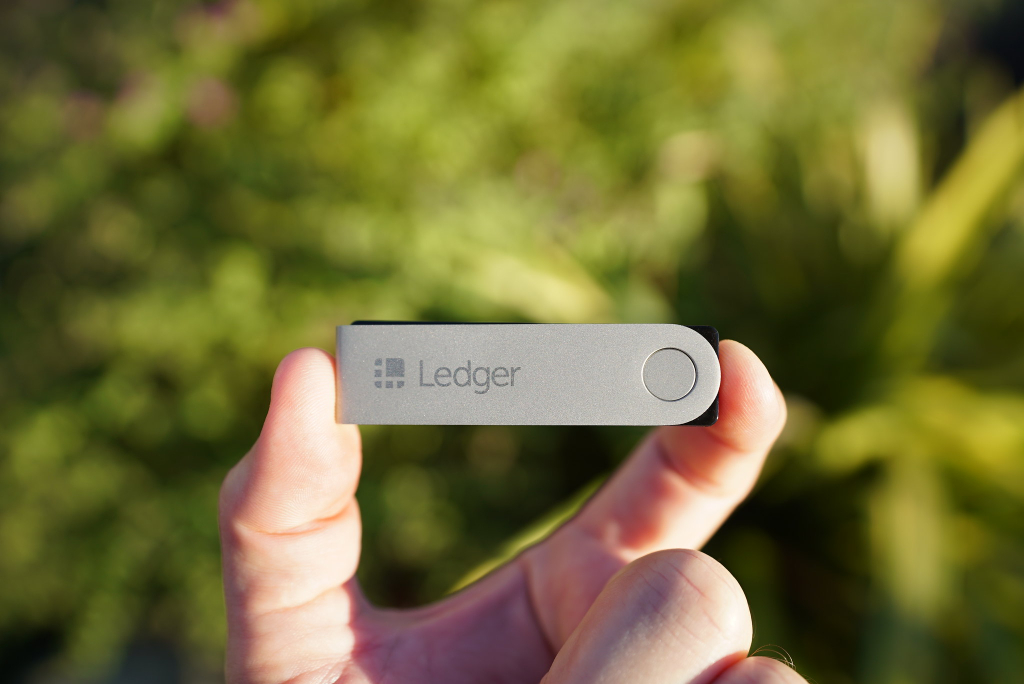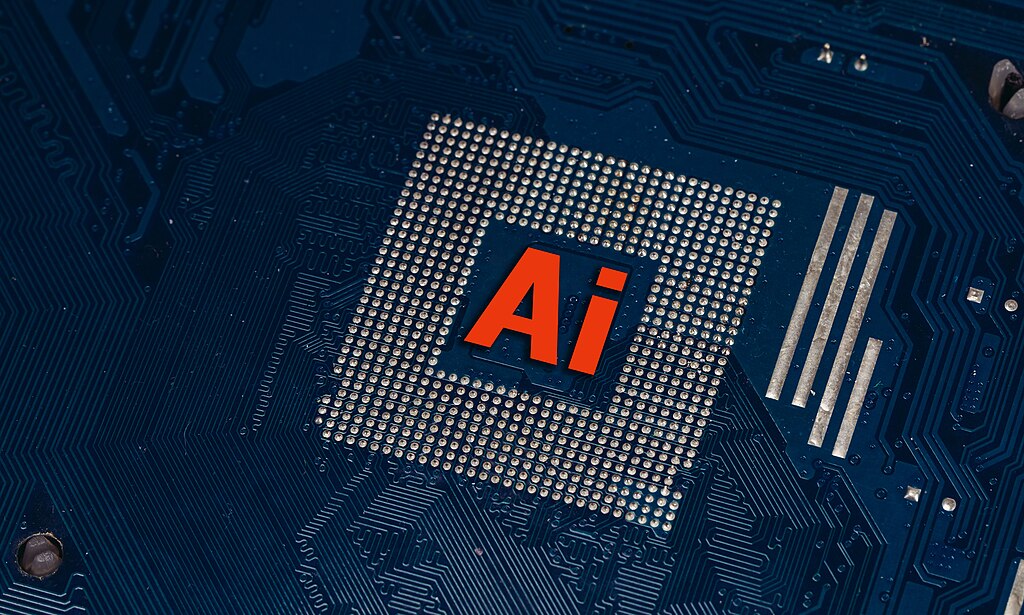South Korean telecom giant KT is going big on blockchain technology and is already working to implement the technology across various fields.
The company recently made headlines with its plans to develop a blockchain-based peer-to-peer donation platform. In an email to TokenPost, KT has confirmed the development of the blockchain-based donation platform and has revealed the details of other ongoing blockchain projects.
It said that the donation platform will be developed by applying KT’s blockchain technology to the charity platform of the KT Group Hope Sharing Foundation.
“The plan involves taking advantage of KT’s technology for blockchain-based digital asset issuance, transaction, payment and settlement,” KT said. “A blockchain-based platform will ensure transparency in the management of charitable donations by disclosing how contributions are used and what goods have been purchased with donors’ contributions. We expect the greater transparency would encourage more people to engage in charitable activity. For those donors who want to remain anonymous, blockchain-based privacy protection technology can also ensure anonymity.”
Regarding the official roll out of the blockchain-based donation platform, KT said that the launch date will be aligned with the KT Group Hope Sharing Foundation’s plans for projects that will benefit from the platform.
“This year, blockchain technology will be applied on a trial basis to a donation campaign to prevent infectious diseases among children and residents in Laos. Next year, the application will expand to P2P (peer-to-peer) donations, which will allow for direct blockchain-based donations between shared individuals and monitoring donation procedures,” it added.
KT’s Blockchain Implementation in Other Areas
Previously, reports suggested that KT is planning to implement its blockchain technology in areas such as energy management, identity authentication, artificial intelligence (AI), and 5G network. It is also preparing to roll out a blockchain-enhanced data roaming service in collaboration with global network operators.
KT said that it has partnerships with some 40 small and midsized software developers to apply blockchain technology in various industrial fields.
1. Energy Trading
In its email, KT announced that it has completed its PoC (proof of concept) for a blockchain-based transaction system in energy trading.
“It will provide reliable means of settlement and verification for small-scale generators participating in energy trading. Taking advantage of AI-based IoT (Internet of Things) technology, the system enables real-time data acquisition on power generation and blockchain-based smart contracts. That will facilitate autonomous contract signing when predetermined terms and conditions are met and thereby reduce the time needed for adjustment of fares,” KT said, adding that the commercialization of the system will begin next year.
KT further said that it is nearing the completion of a blockchain-based smart DR (demand response) system that enables autonomous B2B (business-to-business) energy transactions.
“We plan to finish by the end of this year and commercialize the DR system in the second half of next year. In a similar way, we plan to apply our blockchain technology to carbon emissions trading and EV (electric vehicle) charging,” it added.
2. Identification
In the field of identification, KT said that it is working on a “Smart ID” project. It explained, “We believe that Smart ID, managed at KT Network Blockchain, can be extensively used for security, certification and data distribution. That would apply ID on all entities needing identification, including network participants and equipment, and thereby convert anonymous communication into real name-based communication.”
3. Data Roaming
KT pointed out a number of problems that currently plague data roaming processes, leading to high costs and delays among other things.
“With regard to data roaming, telecommunication service providers currently acquire service areas and calculate the amounts used and sales through fare adjustment offices on a monthly basis. The process does not enable real-time services. As a result, handling of detailed information on service usage and fares is often delayed and mistakes occur; speedy response to fraud is difficult; and high commissions are being paid,” it said.
KT said it seeks to address these problems by applying blockchain technology. It said it has developed calculation technology for data roaming cost based on Smart Contract making use of blockchain.
“Through blockchain infrastructure, this will enable real-time roaming data clearing, speedy fraud detection and real-time adjustment of fares. Thus we expect to improve the quality of customer service and offer more diversified services in terms of payment, certification and content provision in the future,” it added.
Fourth Industrial Revolution in South Korea
Speaking about the current blockchain ecosystem in South Korea, KT welcomed the efforts by the central and the local governmental bodies to trial this innovative technology. It also noted the efforts by large and medium-sized companies to improve operations efficiency by employing blockchain technology.
“In the public sector, we hope public enterprises will draw up more blockchain-related projects and increase orders, beginning next year. In this context, we hope the government, academia and industry will cooperate to create a favorable business ecosystem for not only small and midsized startups but also large and middle-standing firms so that they can actively collaborate with one another,” it added.
Towards the end of November, KT said it will support “Korea Blockchain Grand Challenge,” organized by the Korea Internet and Security Agency, and operate an exhibition booth.



























Comment 0